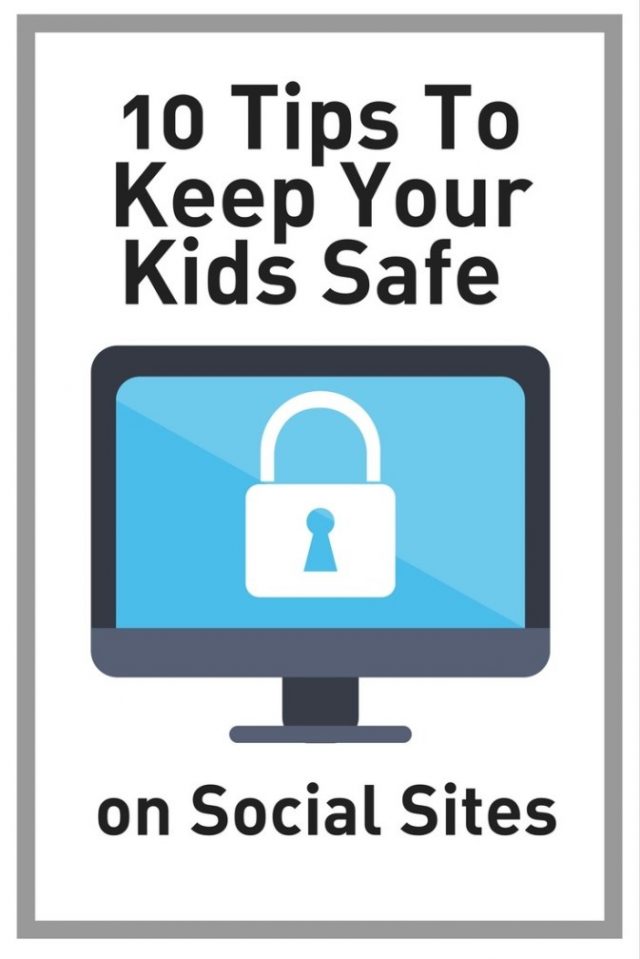
You want to keep your children safe. No doubt you’ve had the talk with your child about things like talking to strangers, and getting lost, and what to do in case of a fire. You’ve covered the basics of how to deal with the dangers of the world, but have you talked to them about the dangers of the virtual world?
Below are 10 tips you may want to talk with your kids about to help protect them in the virtual world.
- Not everything is true. The Internet is a breeding ground of false information because it is easy for anyone to published anything on the web, with no factual basis. And that false information can be amplified from person to person. Always check to ensure the source is credible, and check several reputable sites to determine what the real facts are, since difference sites write from their own point of view.
- Not everyone is who they seem to be. Some of the people you meet online are lying about who they really are. Sometimes adults pretend to be kids and kids pretend to be adults. They all have their own reasons. Some are predators and others just don’t like who they are. Unless you know someone in real life, then don’t fully trust them to be what you think they are.
- Don’t plagiarize. If you cut and paste something and pass it off as your own, it’s a copyright violation. Just like you do in a school report, give credit to the original author or artist.
- The Internet is forever. Even after something is taken off of Facebook or deleted from a blog, it can still be found. The second it is loaded onto a server it is spread across the world and becomes part of the Internet Archive. There will always be a copy somewhere.
- Privacy does not exist online. Just because Facebook and other social networks let you adjust privacy settings and change who sees what, that doesn’t mean it’s private. All it takes is a server glitch or a few seconds for someone to cut and paste it where the world can see.
- Google yourself occasionally. Check your name on various search engines. Sometimes what you find is humorous—you may discover that you have a namesake in New York. Other times you might be surprised at what you see. You might find accolades for being on a swim team or making the honor roll but you may find other things too. You might find that your personal photos and details are on someone else’s site. It’s a smart idea to try and keep a clean search engine profile and know what is out there about you.
- You don’t have to friend everyone. You wouldn’t necessarily talk to every stranger that walked up to you on the street, so don’t accept every friend request. If you don’t actually know them, do you want them having access to your information or your friends? Even if you add them to your social network, they still aren’t a real-world “friend” and they don’t need personal information about you.
- You don’t need every social network. If you don’t socialize that much in real life, why do it online? Do you really need to have constant updates on Twitter, Facebook and Instagram from the same group of people? Odds are that they post the same things on all of their status’s. Social profiles are not collectors cards. It doesn’t matter how many you have, it’s how you use them.
- Keep the drama down. Anything you do or say online can, and probably will, be used against you. If you have an issue with someone, then address it with them in person, not online. Written words do not convey emotion and can be easily taken out of context. The same goes for cruel comments and crude jokes. Just don’t do it.
- Be discreet. Just because you can share something, doesn’t mean you should. Use discretion and common sense when posting online. If you post about expensive gifts or purchases, or when you’re going on vacation, then you are just asking for someone to rob you. If it is not something you want to see on a billboard, then don’t post it.
In this modern age, the Internet is everywhere. Almost everyone spends some time online. It has increased communications and knowledge. However, it can be a double-edged sword because the increase in communication has also increased the danger.
Adapted from an article at SociallyActive.com

